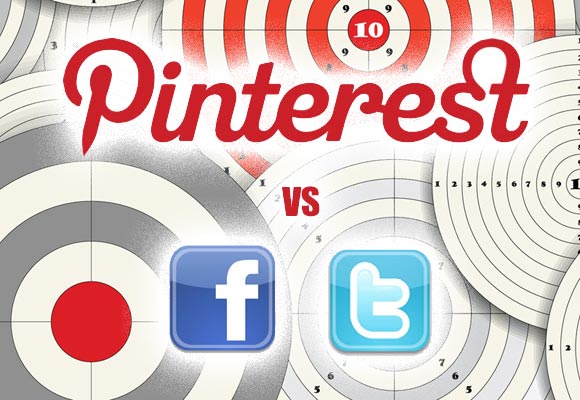If you’re an enterprising authorpreneur, you’re engaged on social media. You blog. You tweet. You have hundreds of Facebook friends and likes on your book’s page. You check in and engage with your fans and community daily, and aren’t hitting them over the head with overt marketing tactics.
But what most authors don’t realize is this: engaging and participating in social media indiscriminately WILL slow down your marketing and the growth of your author platform.
The reason for this is not that a large online presence hurts you. Quite the opposite, actually. Rather, it’s because many authors don’t take the time to tailor their social media presence to the type of site they’re using. Twitter can’t be used the same as Facebook, and neither posts will translate well into Pinterest.
While it’s valuable for some to link their social media accounts through programs like Hootsuite, posting across all three sites in the exact same language will not do your platform any favors.
Twitter is, of course, the land of 140 characters. Tweets need to be short to be successful, we know this. But Twitter is purposefully designed to be a constant stream of information. You can’t hide the people you follow from your feed, nor does the medium make it easy to find a specific tweet.
So what does this mean for you? Tweeting once or twice a day will mean that you’re setting yourself up to be lost amid the tweet-stream, and it’ll be like you never tweeted at all. Unless you’re on Twitter all day, it’s impossible to see every tweet the people you follow post, which means that most users constantly miss updates. To really be seen and stand out, it’s important to tweet at least fifteen times per day, throughout the day.
On the other hand, if you post fifteen time a day on Facebook, many of your friends will hide you permanently on their news feed, and none of your information will get through. This is especially detrimental for an author revving up for a Pubslush or other crowdfunding campaign. Facebook is a medium where posts stay relevant for days, rather than just a few hours. Therefore, it’s important you use it accordingly.
Limit your posts on Facebook to once or twice a day (not including comments or posting on an individual’s wall). Additionally, keep your posts short (no more than 100 words). The Facebook newsfeed is used for scrolling, and the longer the block of text is, the less likely it is that your friends will read it.
Pinterest is the social media site that most authors forget about, but it’s the third largest social media community in the world. It’s also one of the most forgiving sites. That is because it’s image-based, which means that your comments usually only describe the photos, and therefore don’t date themselves or become irrelevant. However, they will get lost in your follower’s feeds, so it’s important to keep pinning things pretty consistently.
Try and pin something at least two times a week. Start with the covers of books you like. Then people who look like what you imagine your characters to look like. Or photos of the bands you listened to when you were writing. This site allows you to make writing multi-media, and connect to your fans without being overly-personal, if that’s something that makes you a bit weary. Let the pictures be worth a thousand words, and you’ll be a pinterest champ in no time!
Writers, what other tips do you have for adjusting your social media strategy to the sites you’re using? How do you handle Goodreads?


There has been a lot of Twitter bashing lately with people suggesting one tweet only five times per day. I think it depends on your followers. If you have a large number of followers who have 1000+ followers, five tweets per day will be lost in their timeline.